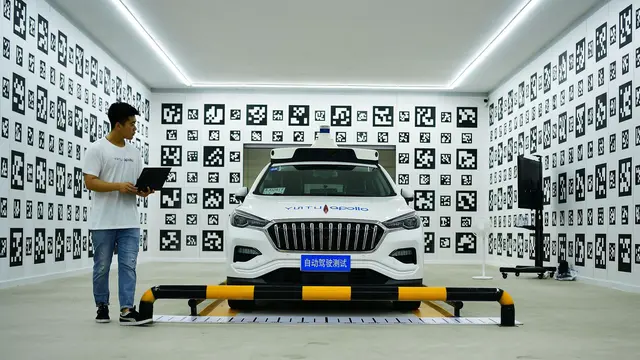Tesla's Chief Executive Elon Musk said on Monday that the electric car maker was working on improving the much-awaited update to its self-driving software "as fast as possible."
The billionaire entrepreneur tweeted that the Full Self-Driving Beta version 9.2 is "actually not great imo (in my opinion), but Autopilot/AI team is rallying to improve as fast as possible."
"We're trying to have a single stack for both highway & city streets, but it requires massive NN (neural network) retraining."
Tesla had recently come under the scrutiny of U.S. safety regulators, who opened an investigation into its driver assistant system because of accidents where its cars crashed into stationary police cars and fire trucks.
Two U.S. senators also called on the Federal Trade Commission to investigate Tesla, saying it misled consumers and endangered the public by marketing its driving automation systems as fully self-driving.
As self-driving technology is seen as the next major technological revolution, the tech is stumbling toward the future given increasing public concerns on its safety.
According to ResearchAndMarkets.com, a market research company, the global autonomous cars market is expected to grow from $720 billion in 2020 to $809 billion in 2021, at a compound annual growth rate of 12.4 percent.
Globally, traditional auto companies, including BMW, Ford, General Motor and Volvo, and more tech-led companies, such as Waymo, Apple and Tesla, have marched into the car automation arena, expecting to be the earliest ones to realize the self-driving vision with full automation.
In China, collaborations between auto companies and tech firms are becoming a common scene where the driverless cars are applied in multiple commercial scenarios, such as self-driving cars for individuals, robot taxis and driverless delivery cars.
AI startups such as SenseTime, Horizon and Megvii have all dabbled in self-driving tech service with its advanced AI capabilities.
Baidu, one of the earliest internet companies in China to venture into car automation tech, has started providing robotaxi hailing services in several cities since 2019, where the public can experience taking a cab without a safety driver behind the steering wheel.
Last week, the company unveiled its first L5 self-driving robocar prototype with no steering wheel, and an upgraded autonomous driving service platform.
Autonomous driving is categorized from L1 to L5 – the higher the level, the more intelligent the technology. L5 represents fully autonomous driving.
However, an investigation involving another Chinese electric vehicle startup NIO has cast a shadow over the self-driving industry. A 31-year-old was killed in a car accident when he had been driving a NIO car with self-driving system activated.
The company said the car's automated driving function can work under certain situations and drivers must pay constant attention to the changes in traffic, according to Nikkei Asia.
(CGTN)
 简体中文
简体中文










